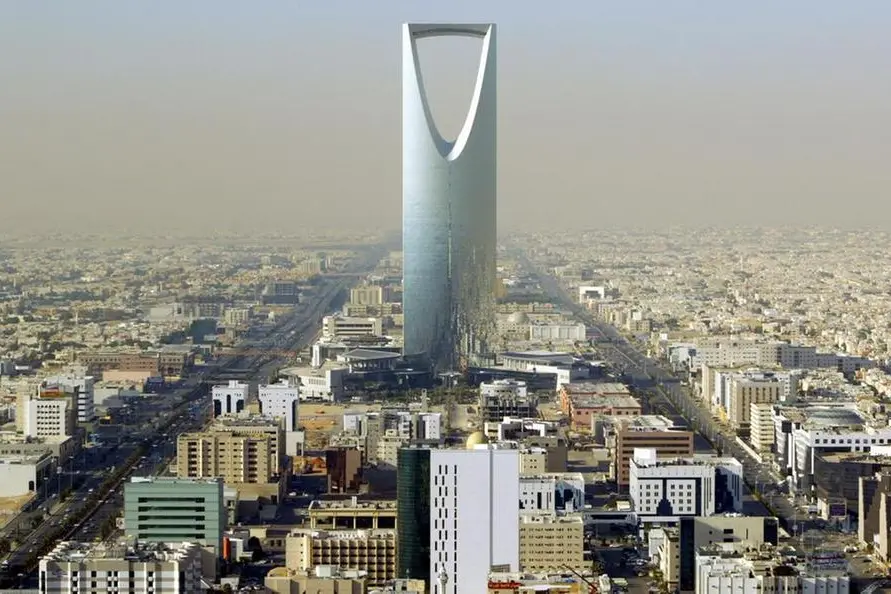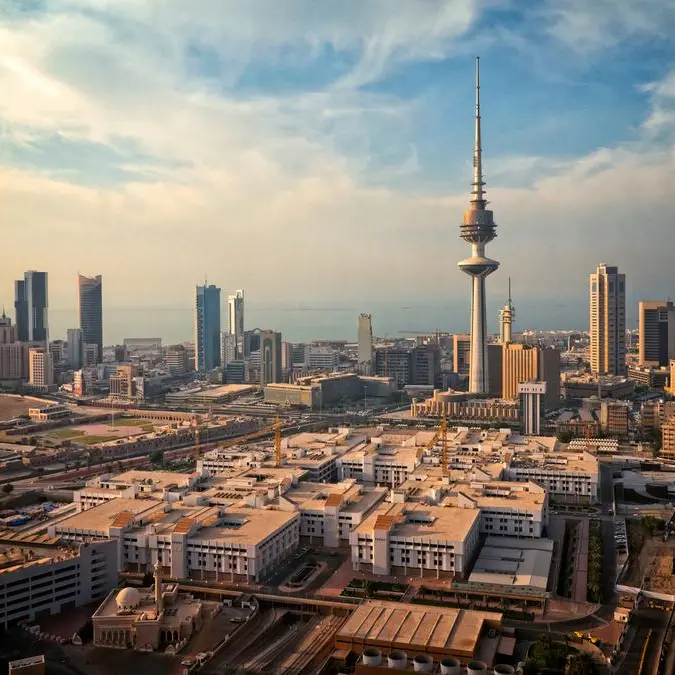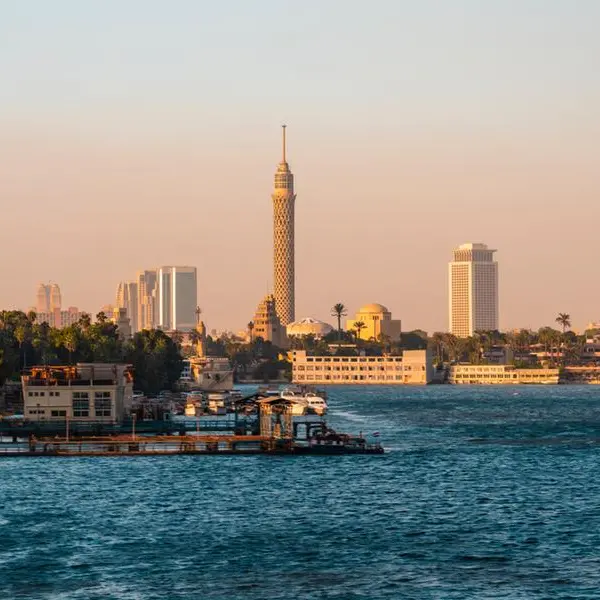PHOTO
Saudi Arabia's real gross domestic product (GDP) shrank 3.7% year on year in the fourth quarter, preliminary government data showed on Wednesday, as a decline in oil activities continued to weigh on overall growth.
The kingdom's GDP had shrunk 4.4% in the third quarter of 2023, its first quarter of year-on-year contraction since the COVID-19 pandemic, hurt by cuts to oil production and lower crude prices.
Saudi Arabia, the world's largest oil exporter, is pumping around 9 million barrels per day (bpd), well below its around 12 million bpd capacity after cutting production as part of an agreement with OPEC and other oil producers.
The government has ordered state firm Aramco to halt its oil expansion plan, the company said on Tuesday.
Oil activities were down 16.4% in the fourth quarter versus the previous year, estimates from the General Authority for Statistics showed, while non-oil GDP grew 4.3% year on year and government activities increased 3.1%.
On a quarterly basis, seasonally adjusted growth was up 0.4% in Q4 from the previous quarter, supported by non-oil activity which grew 2.6% in the period.
"We expect the recovery to continue in 2024, but it will be slow going," James Swanston, economist at Capital Economics, wrote in a note.
The kingdom's economy contracted 0.9% in 2023, the data showed, pulled lower by the oil sector, while non-oil activities grew by 4.6% last year.
In its latest budget, the government had estimated overall GDP growth of 0.03% in 2023, with non-oil growth forecast at almost 6%. It projects GDP growth of 4.4% this year.
"Oil still constitutes a big chunk of our growth, however we want to diversify," said Naif Al Ghaith, Riyad Bank's chief economist.
"Now if we look at the government revenues, the non-oil revenues constitute a big chunk of it, this wasn’t the case a few years ago."
The International Monetary Fund on Tuesday estimated Saudi Arabia's economy contracted 1.1% in 2023, adding this would result in a slower rebound this year.
This is in sharp contrast to 2022, when Saudi Arabia was the G20 group's best performing economy, boosted by an oil price windfall, which allowed it to achieve growth of 8.7% and swing to its first fiscal surplus in almost a decade.
Saudi Arabia needs hundreds of billions to achieve the objectives of its economic transition plan known as Vision 2030, which puts an expanded private sector and non-oil growth at the centre of its future development agenda.
It has already tapped debt markets for $12 billion so far this year to help plug a projected budget deficit of 79 billion riyals ($21.07 billion) in 2024 as it boosts spending to bolster the domestic economy.
(Additional reporting by Pesha Magid and Nadine Awadalla; editing by Tom Hogue, Jason Neely, William Maclean)




















